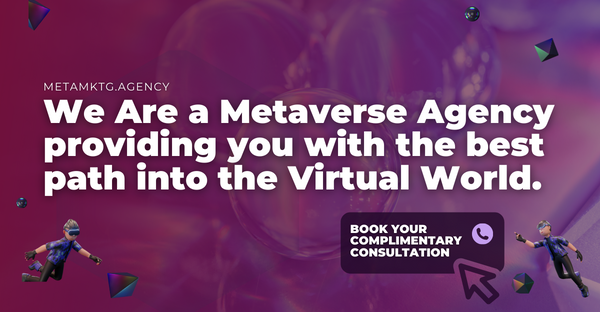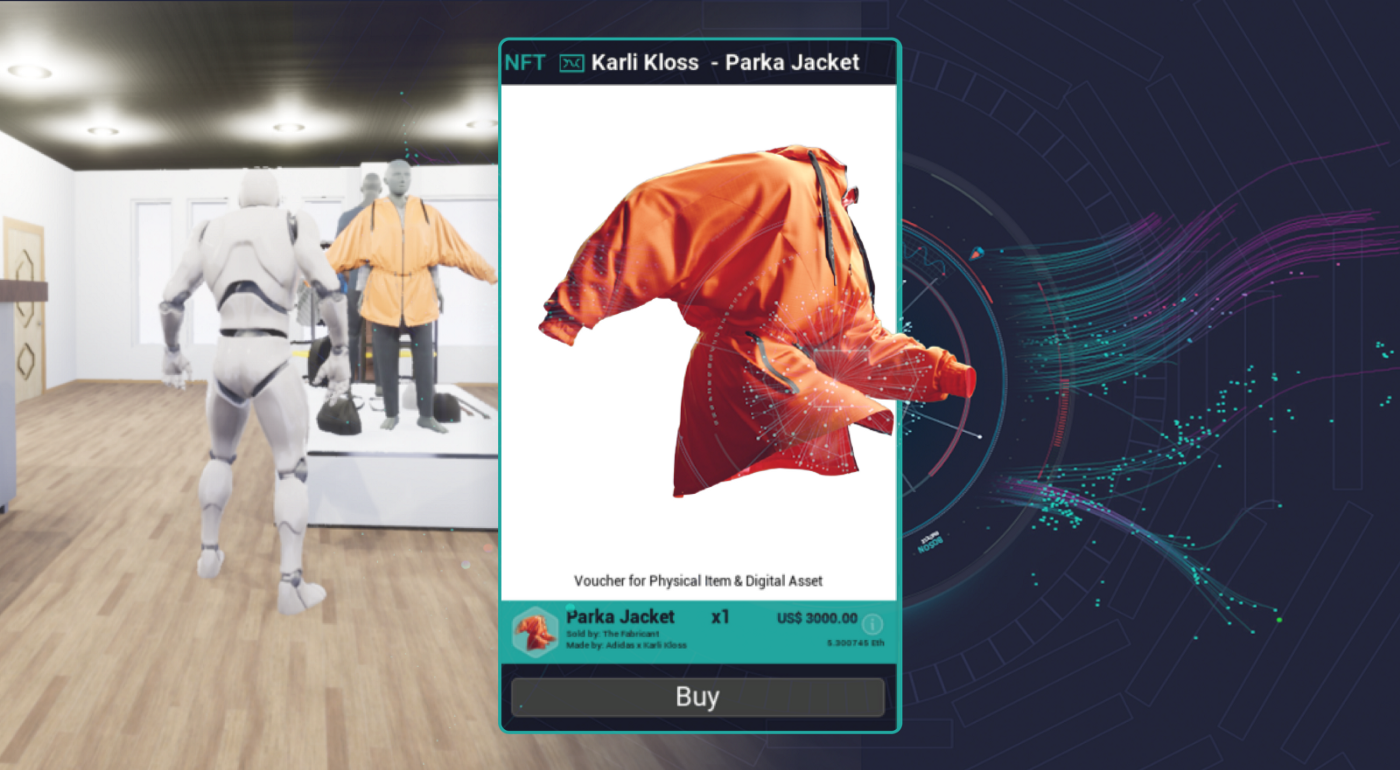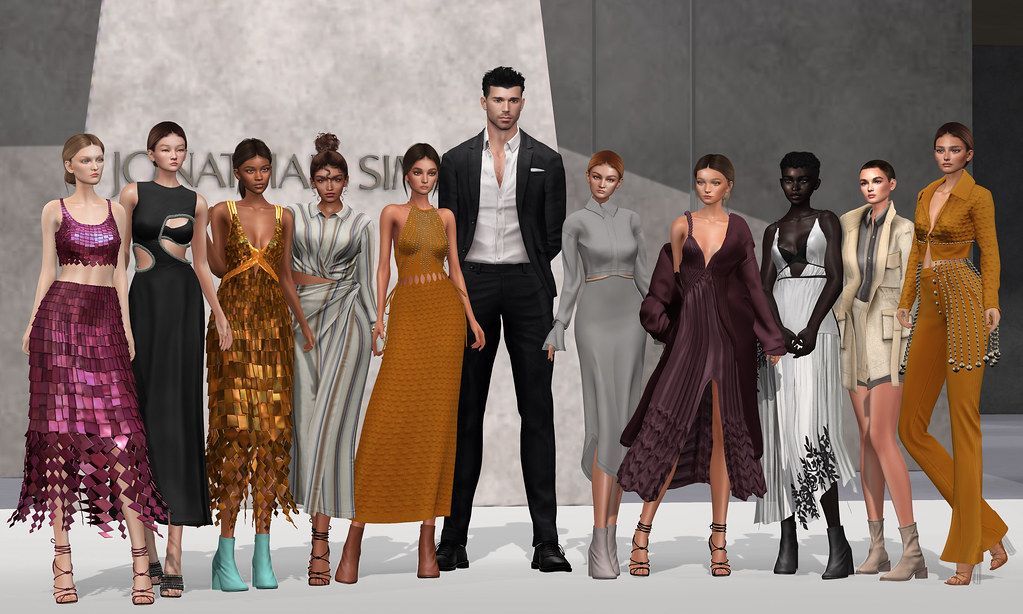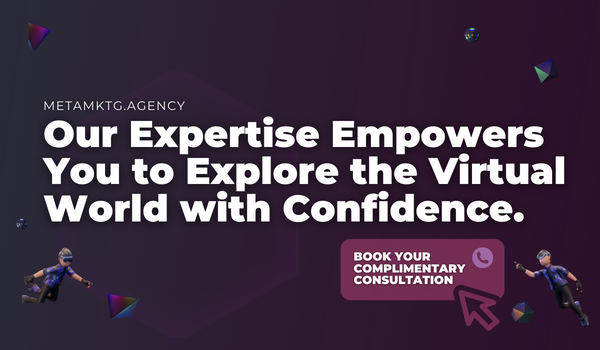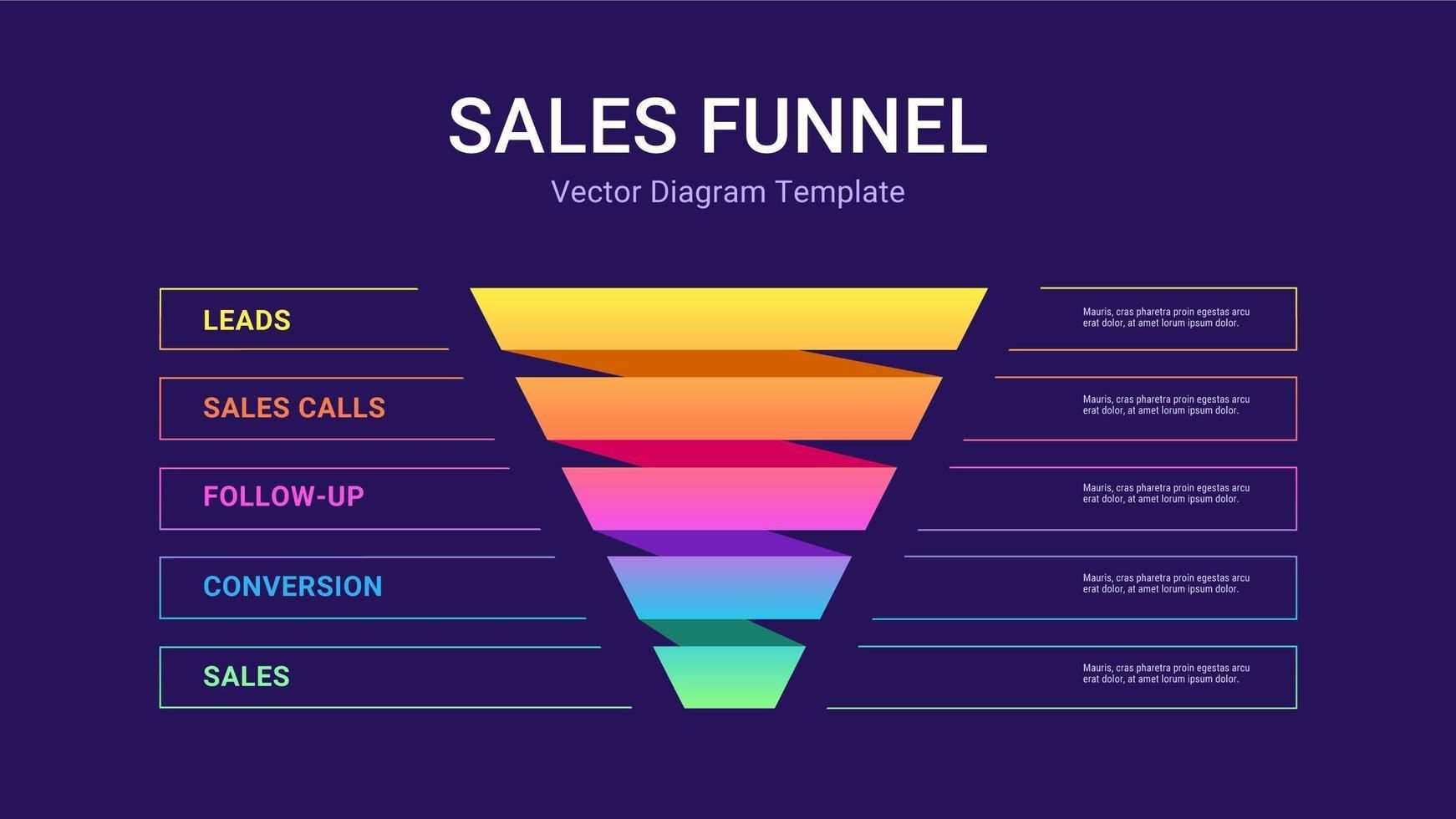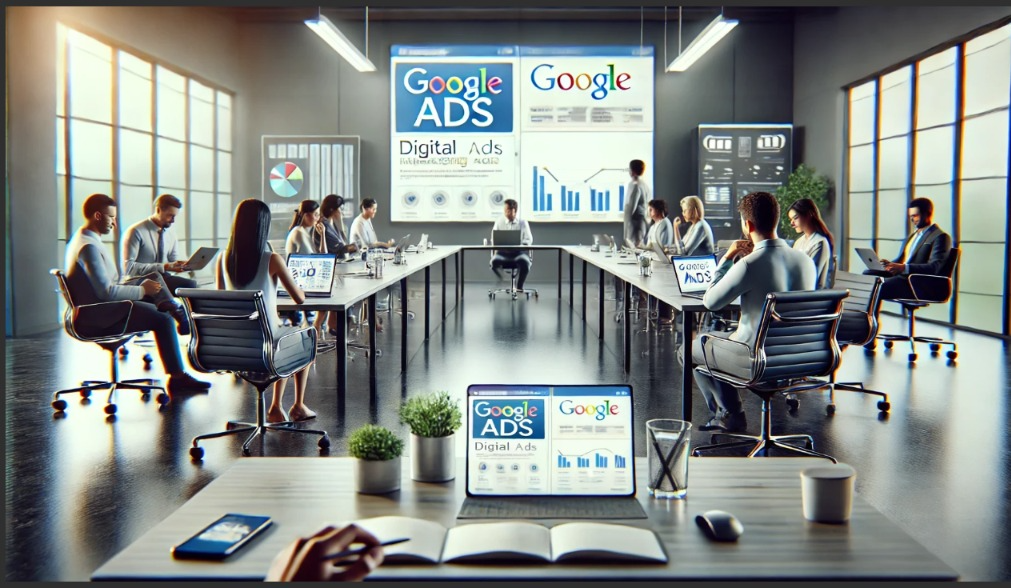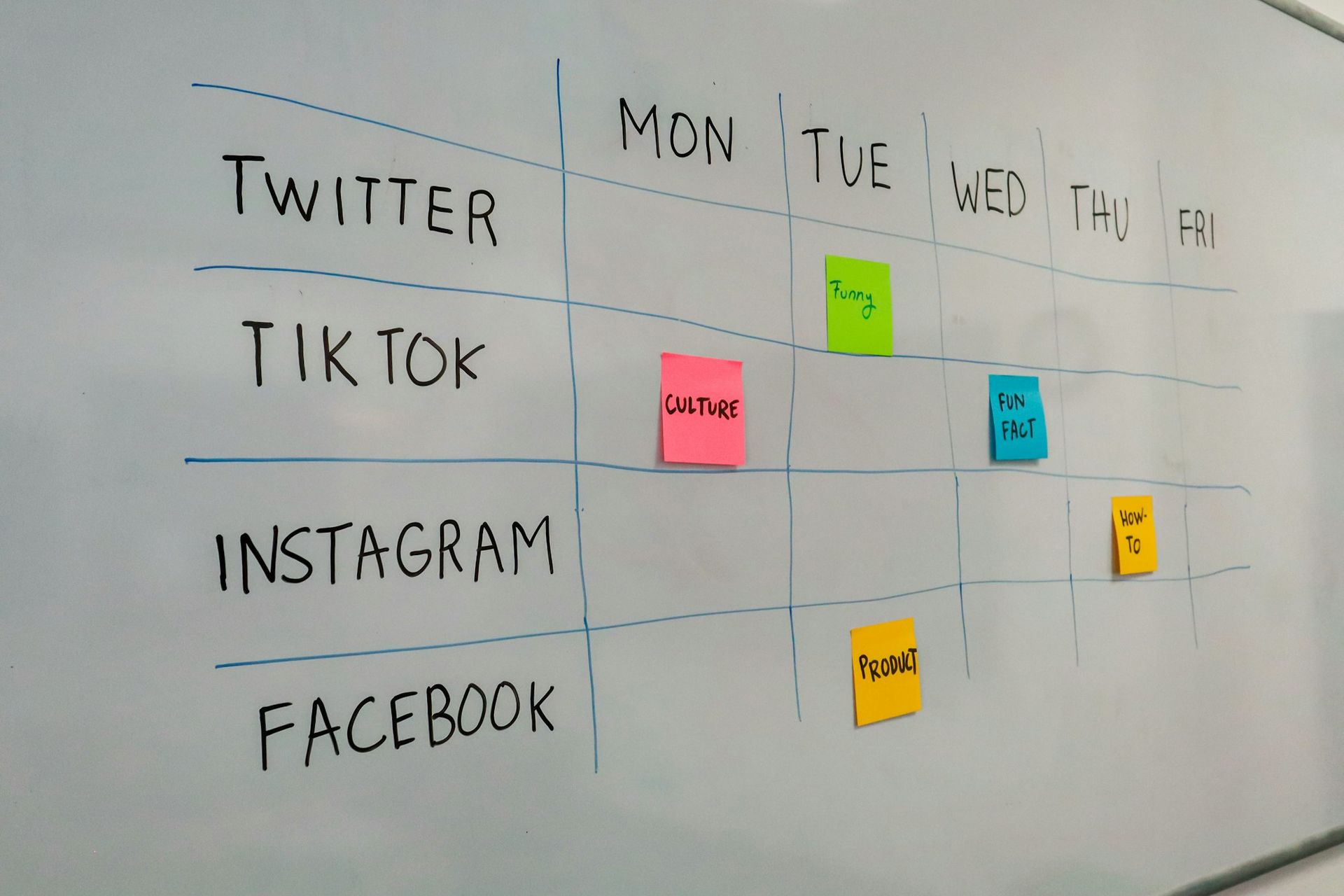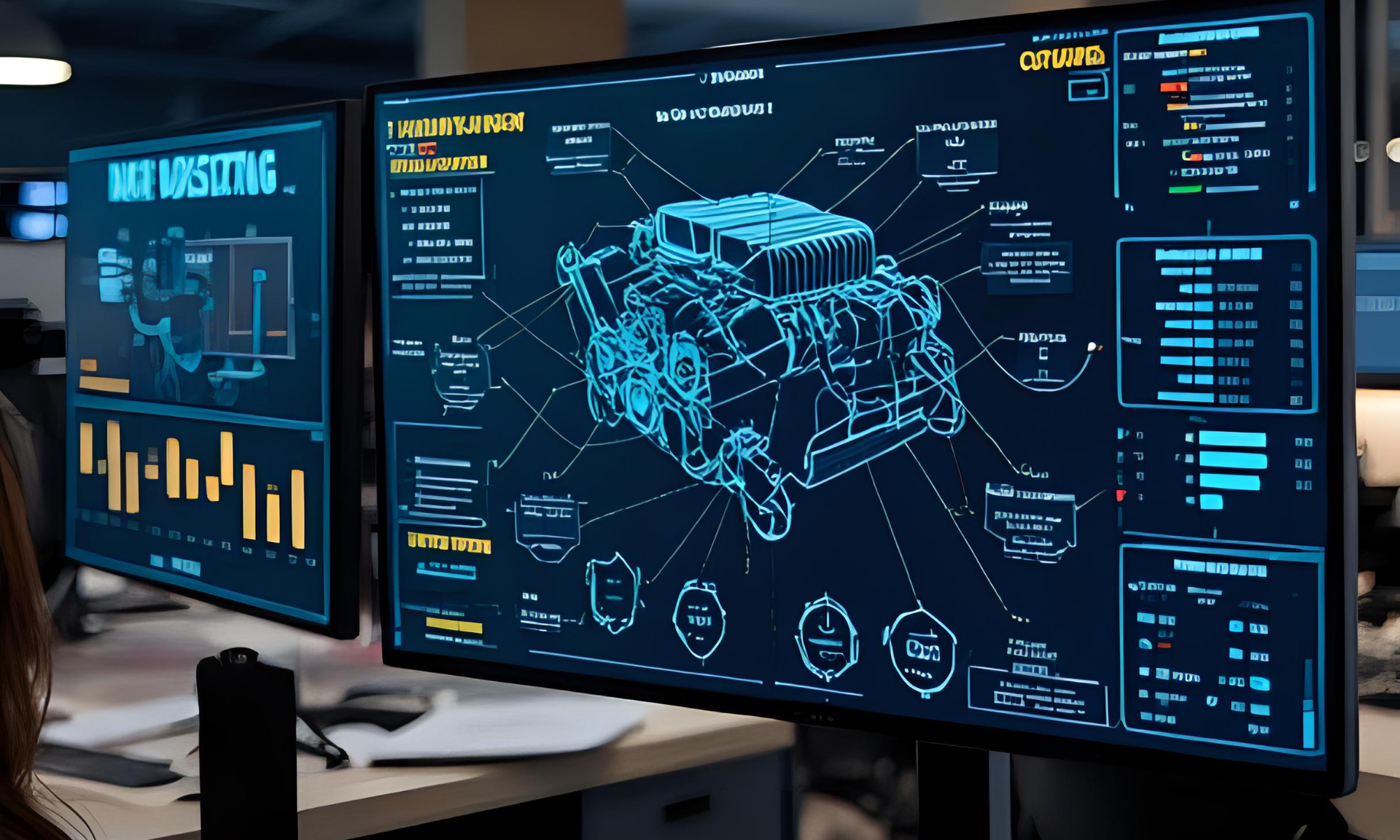Top 20 Metaverse Use Cases: for Businesses and Brands [in 2024]
20 Use Cases for Companies Looking to Enter the Metaverse
The metaverse is an exciting new frontier for businesses and brands looking to engage with customers in innovative and immersive ways.
With the potential to create virtual environments that are more interactive and personalized than ever before, decision makers in companies and brands should be aware of the many opportunities the metaverse offers.
Here are 20 use cases for the metaverse that can help businesses and brands stay ahead of the curve.
Virtual Storefronts
One of the most obvious use cases for the metaverse is to create virtual storefronts. By building an interactive and immersive virtual store, brands can offer customers a unique shopping experience that goes beyond the traditional online store.
For example, a fashion brand could create a virtual runway in their metaverse retail store, allowing customers to see the clothes in action and even try them on virtually. The use of Augmented Reality (AR) and common technology such as social media filters for an AR Clothing Try-On will allow brands can create experiences and reward their customers through unique gamification methods using a metaverse storefront.
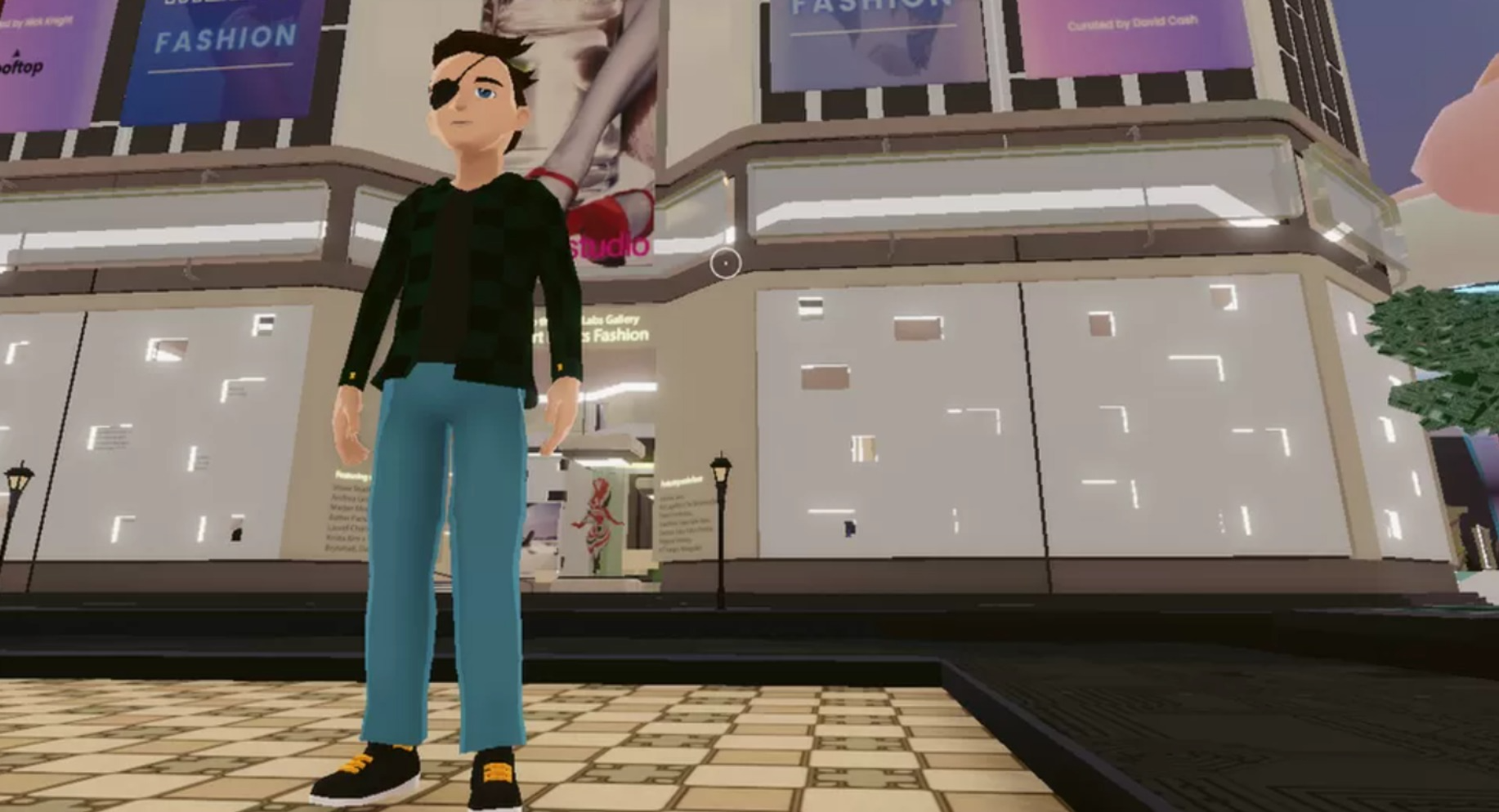
Customer Engagement
The metaverse offers new ways for brands to engage with customers, such as hosting virtual events or creating interactive experiences. For example, a music festival could be recreated in the metaverse, allowing fans to attend from anywhere in the world. Or, a brand could create an interactive game or scavenger hunt that encourages customers to explore their virtual space.
By offering unique ways of gamification, brands can take advantage of metaverse technology to allow for rewarding and memorable experiences for their customers. Many brands are seeking out ways to enter the metaverse in the early stages, mainly due to the fact they are aware and notice the signs of the potential this technology has to revolutionize digital consumerism.
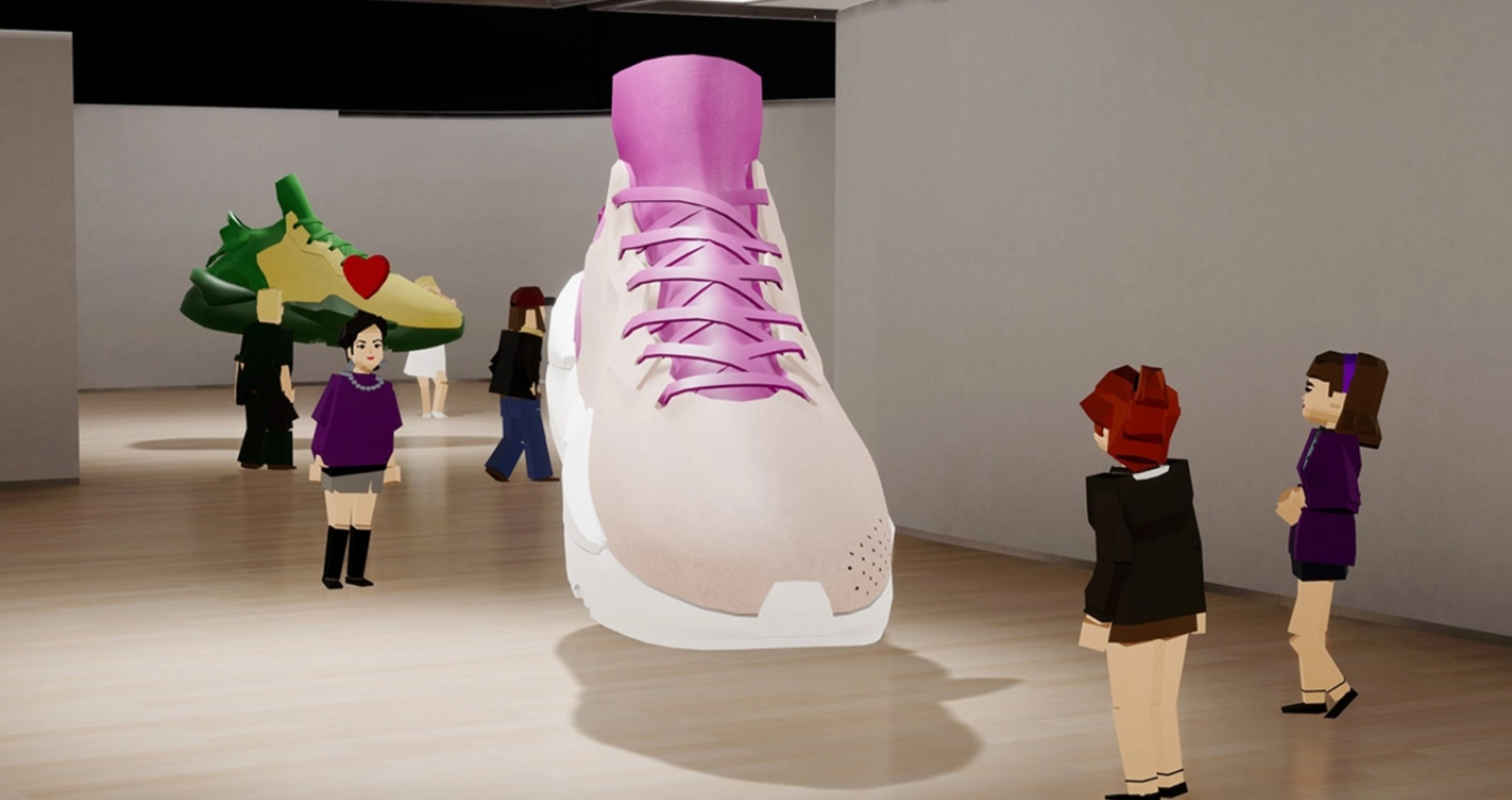
Virtual Advertising
The metaverse offers new opportunities for advertising that go beyond traditional banner ads or sponsored content. For example, a car manufacturer could create a virtual showroom in the metaverse where customers can explore the latest models and even take them for a test drive. Or, a sports brand could create a virtual stadium where customers can experience the thrill of a live game.
Businesses looking to advertise in the metaverse can look to create a virtual billboard in a popular location for users to walk up to, and interact with. These metaverse billboards offer heightened features as compared to traditional billboards and digital display marketing. Some of these features include links to all relevant web pages or socials from its 'portal', immersive and gamified experiences within the advertisement (users can walk inside the advertisement, portal links to other metaverses or branded content, music to enhance the immersive experience, product demos directly via billboards, and so much more.
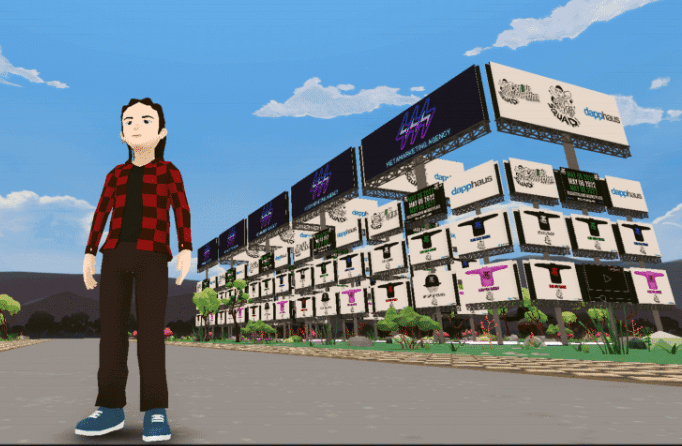
Virtual Market Research
Companies can use the metaverse to gather valuable data about customer preferences and behaviors. By observing customer interactions within the metaverse, companies can gain insights into what products and experiences resonate with their target audience. For example, a gaming company could observe how players interact with a new game in the metaverse, and use that data to improve the game before its release.
Imagine having your virtual property be able to track valuable analytics and metrics that matter to your business. At Meta Marketing, we are able to provide you with this insight for your metaverse builds. Connect with our team to learn more about how you can be able to track valuable marketing metrics withinside your Metaverse land and buildings!

Virtual Training
The metaverse provides a platform for businesses to offer virtual training to employees. By creating a simulated environment, companies can train employees in a way that's more engaging and memorable than traditional training methods. For example, a healthcare company could use the metaverse to train doctors and nurses on new procedures, allowing them to practice in a realistic yet safe environment.
One major advantage of virtual training, is the massive reduction of on-site training or fatality injury. In some industries, particular skilled-trades, there is an increased rate of danger in training newly qualified employees. Corporations can streamline their training processes in the virtual world, reduce workplace related injury, and increase the efficacy of their employees with engaging, informative learning modules that reward your employees and make working fun.
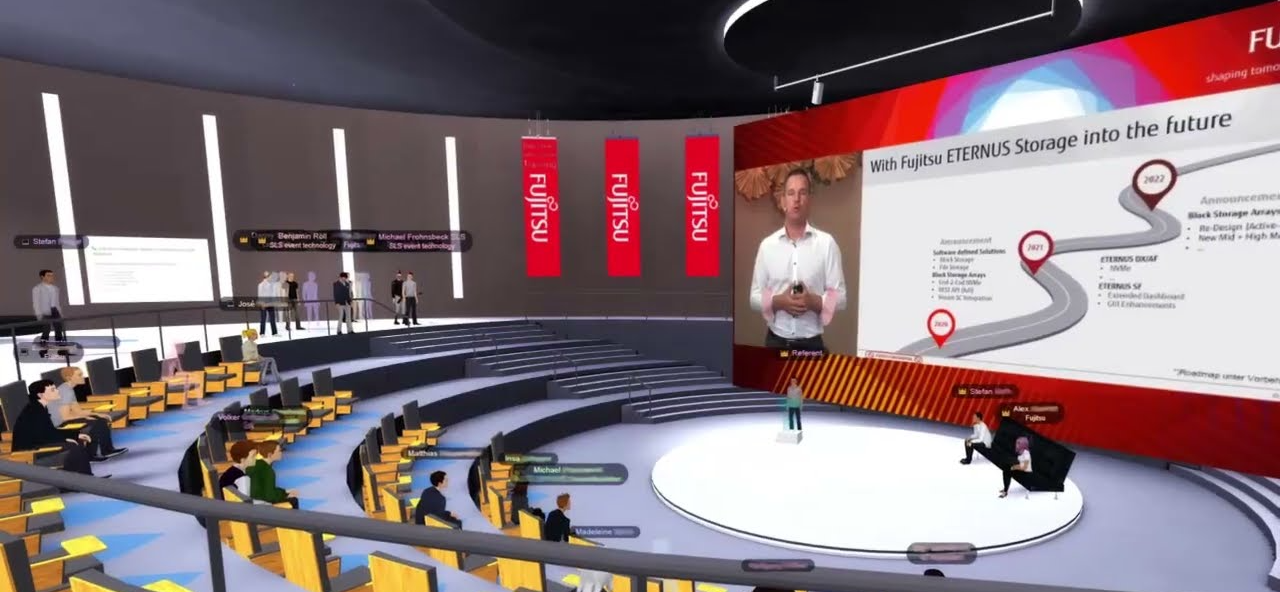
Virtual Conferences and Meetings
The metaverse can be used to host virtual conferences and meetings that are more interactive and engaging than traditional video calls. For example, a business conference in the metaverse could allow attendees to explore virtual booths and interact with speakers and other attendees in real-time.
During the pandemic, international travel was put on hold, and we were unable to attend populated events due to the compliance regulations. During this time we also noticed a sharp decline in carbon emissions. In the future, as we are more conscious of our carbon footprint, while our teams and industries continue to grow globally, It is important that we keep in mind the benefits of the metaverse. Aside from ESG, the metaverse's interactivity can prove to be a viable event solution for any company, trade or industry.
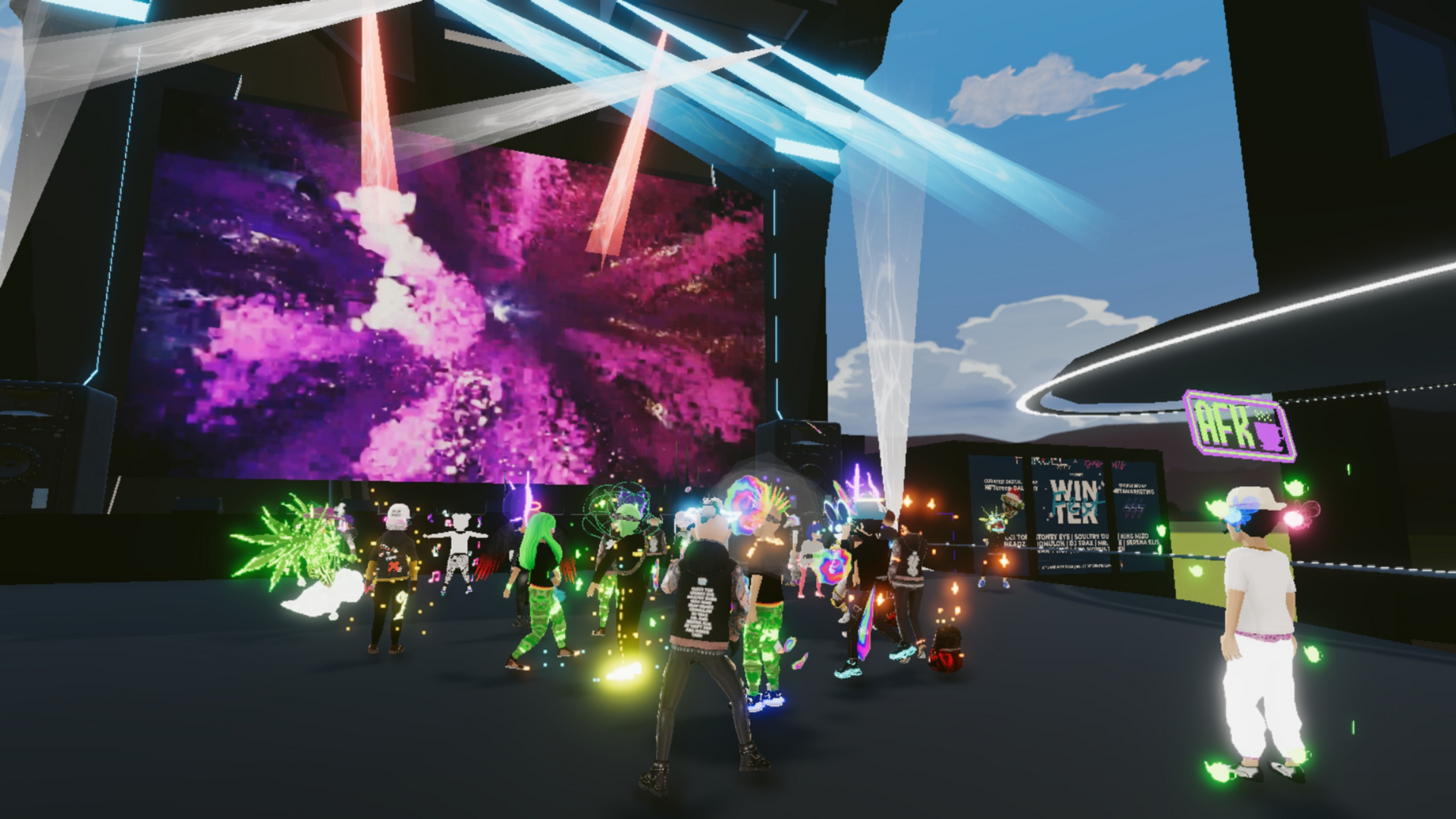
Virtual Product Demonstrations
The metaverse provides a unique opportunity for brands to showcase their products in an interactive and immersive way. For example, a technology company could create a virtual product demonstration that allows customers to interact with the product in a simulated environment, seeing its features and capabilities in action.
Imagine infomercials on a way larger scale. Remember those things? It is our prediction that due to the saturation of advertising, companies will be incentivizing consumers to check out their advertisement by "playing 2 earn" in their virtual product demonstration. This would provide a more memorable brand experience, offer a unique way to get your product in the customers hands virtually, and increase your probability of converting the customer as apposed to traditional and digital marketing.
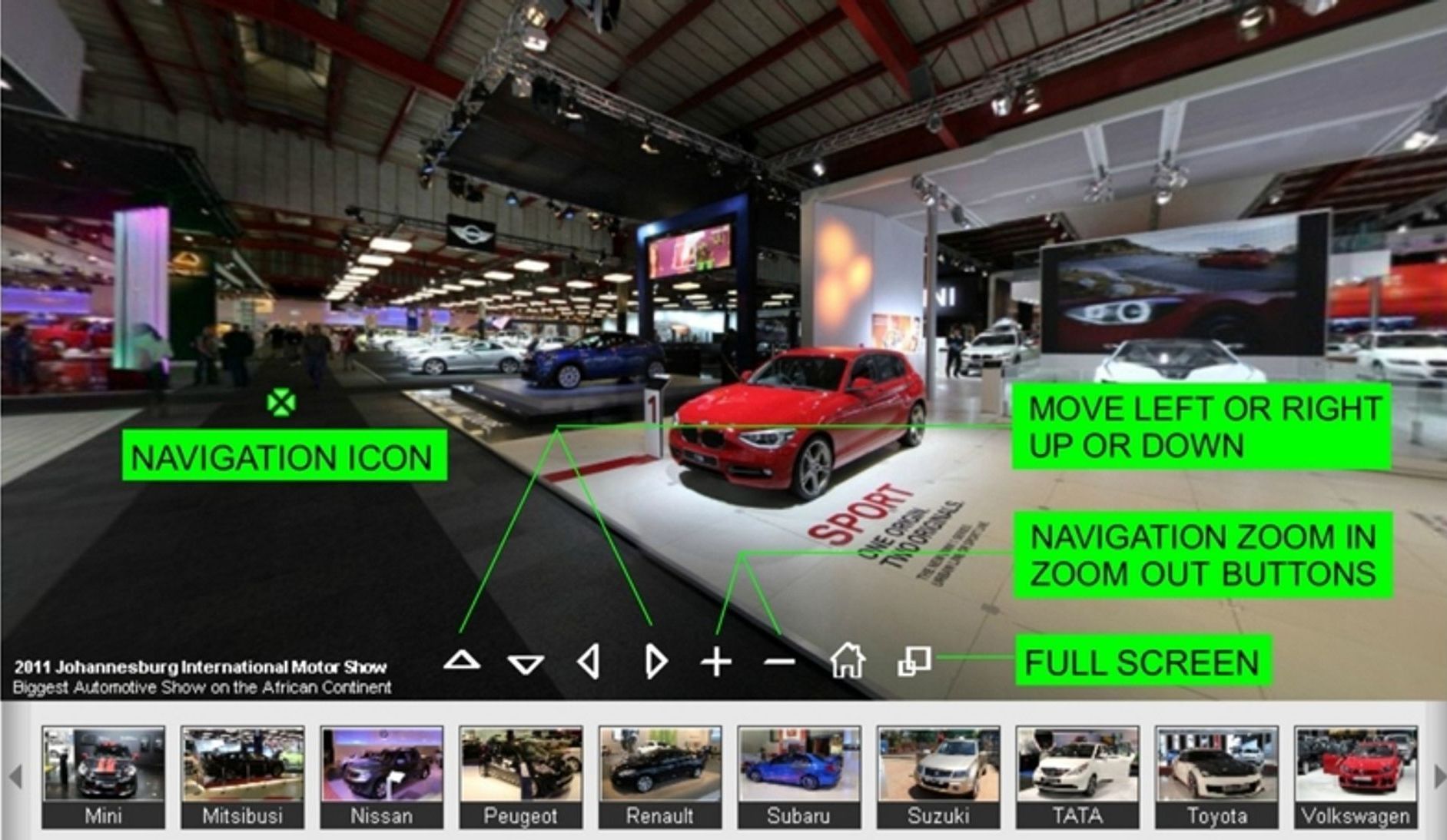
Virtual Showrooms
Brands can create virtual showrooms in the metaverse, allowing customers to explore products and services in a digital environment. For example, a furniture company could create a virtual showroom where customers can see how different pieces of furniture look in a virtual room, helping them to make informed purchasing decisions.
A common use case for virtual showrooms, would be car dealerships. For example, a luxury car brand can have a metaverse show room along with an expert Ai sales representitive to answer all customers questions, get inside the car even explore the engines parts and go into detail about the automobile. Once the customer is satisfied with the information, he can take it on a virtual test drive before making his final purchase. All of this can be done by the prospect clicking on the link to join the virtual showroom, whether it is from an advertisement, QR code from traditional advertising, or your social media profile.
Virtual Customer Service
The metaverse provides a platform for brands to offer virtual customer service that's more personalized and engaging than traditional phone or email support. For example, a travel company could create a virtual concierge service that helps customers plan their trips and offers recommendations for things to do in the destination.
Customer service is changing at the hands of Ai and chatbots. For a real life example, there are already restaurants utilizing Ai cashier bots at their Drive-Thru. When you incorporate the metaverse and virtual avatars, it revolutionizes the way we will interact with brands and businesses on our devices.
Virtual Team Collaboration
The metaverse can be used to facilitate team collaboration and communication in a virtual environment. For example, a company with remote employees could create a virtual office in the metaverse, allowing employees to collaborate and communicate in a way that's more engaging and interactive than traditional video calls.
Additionally, with the improvements of Ai and virtual meeting technology, employees from the same company with language barriers can communicate seamlessly in meetings with translated, and transcribed captions for their respective native langages. Making remote work and collaboration much more innovative and breaking barriers in the workforce.
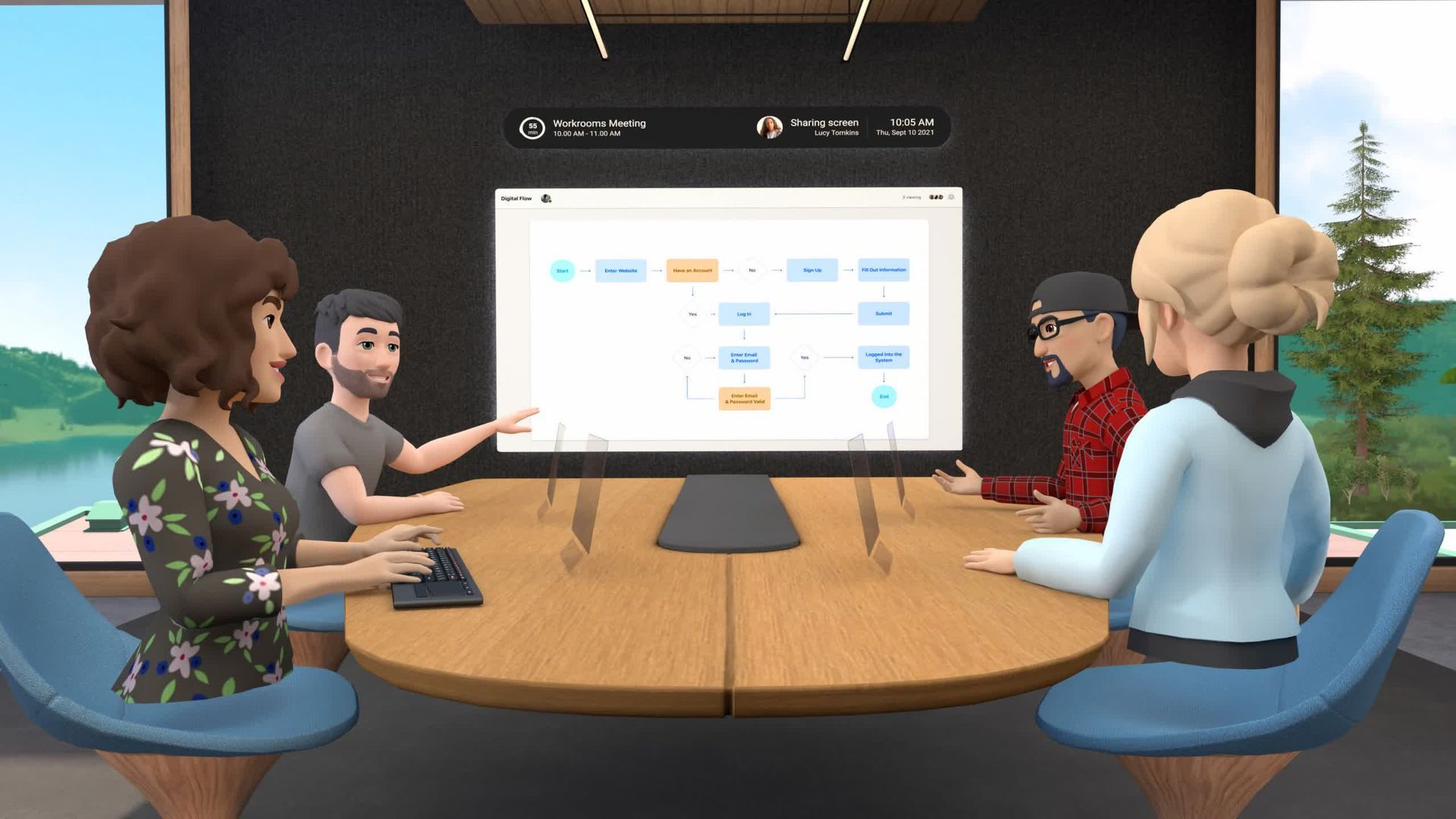
Virtual Brand Experiences
Brands can use the metaverse to create virtual experiences that showcase their values and mission in a unique and immersive way. For example, a sustainable clothing brand could create a virtual garden where customers can learn about the brand's commitment to sustainability and even participate in virtual gardening activities.
The immersivity of the brand activation, is what will drive the brand awareness in the mind of the customer. The advantage of developing brand experiences early in the metaverse, is that it will help set your brand apart from the rest, who do not familiarize themselves with the new virtual world.
Virtual Museums and Exhibits
The metaverse can be used to create virtual museums and exhibits that offer a new way to showcase art and culture. For example, a museum could create a virtual exhibit that allows visitors to explore a collection of artifacts from ancient civilizations, bringing history to life in a new and engaging way.
Artists and museums will be able to create digital (3D renders) of their art and exhibits and be able to display them in virtual worlds. One major advantage of virtual technology is the interactivity with the art. In the past, art was not able to be touched, or able to be seen up close. In the metaverse, users will be able to get close and personal with the art, and in future potentially even be able to touch and teel the art up close to see all of the fine details they might have missed from the in-person exhibit.
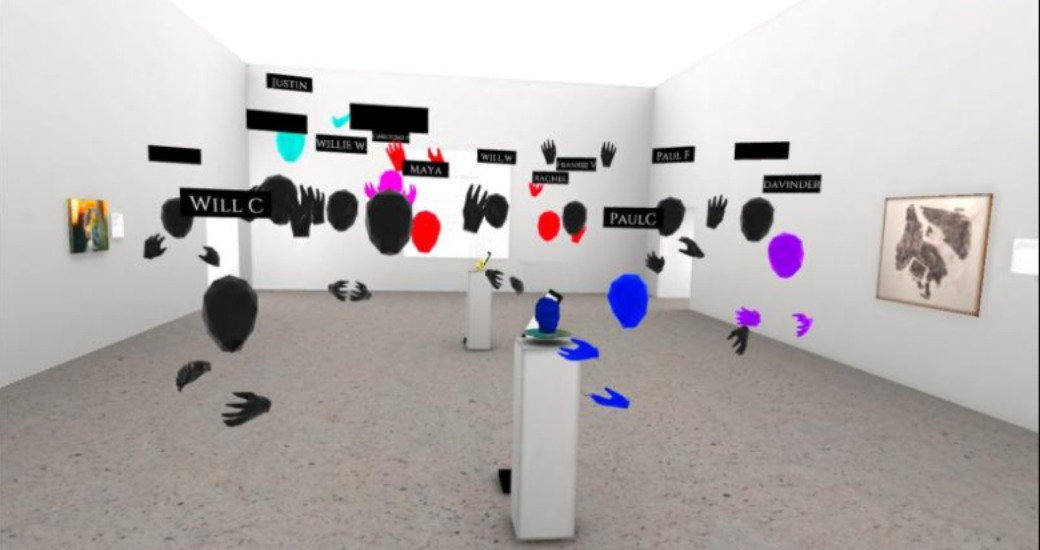
Virtual Real Estate
One of the hallmark subindustries within the metaverse, is the virtual real estate market. The metaverse can be used to create virtual real estate that offers a new way to buy, sell, and rent property. For example, a real estate company could create a virtual tour of a property, allowing potential buyers to explore the space and even make virtual renovations before making a purchase.
As an experienced consultancy in the metaverse, we understand that entering the virtual world requires this first step. We are here to help guide brands and businesses into the metaverse with a seamless Web2 to Web3 transition. We invite you to a complimentary consultation, and ask us questions about how your company has a fit in the space.
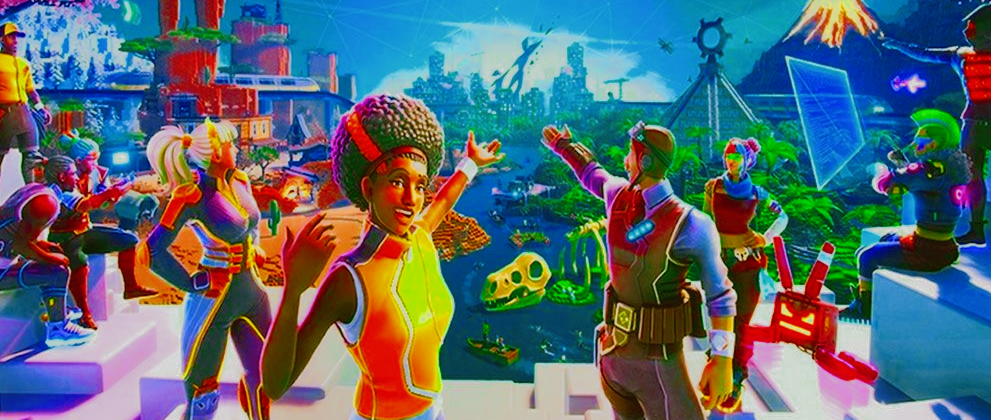
Virtual Fashion Shows
The metaverse can be used to create virtual fashion shows that offer a new way to showcase designs and styles. For example, a fashion brand could create a virtual runway show that allows customers to see the clothes in action and even try them on virtually.
Fashion is one of the industries bound to be disrupted by metaverse and virtual worlds. With virtual clothing and accessories, once mass adoption of the blockchain comes into effect, we will start to see many more brands take advantage of making money selling virtual fashion in the metaverse as NFTs. The time is not far away, and the time is now to start learning about how you can take advantage for your brand or company.
Virtual Tourism
The metaverse provides a new way to experience travel and tourism in a virtual environment. For example, a travel company could create a virtual tour of a destination, allowing customers to explore the sights and sounds of a place before making a booking.
It is agreed that travelling will not be the same virtually as in the metaverse, but we can all agree that the virtual world will be able to provide its use for travel agencies looking to provide potential prospects with a POV of what it would be like in their travel destination.
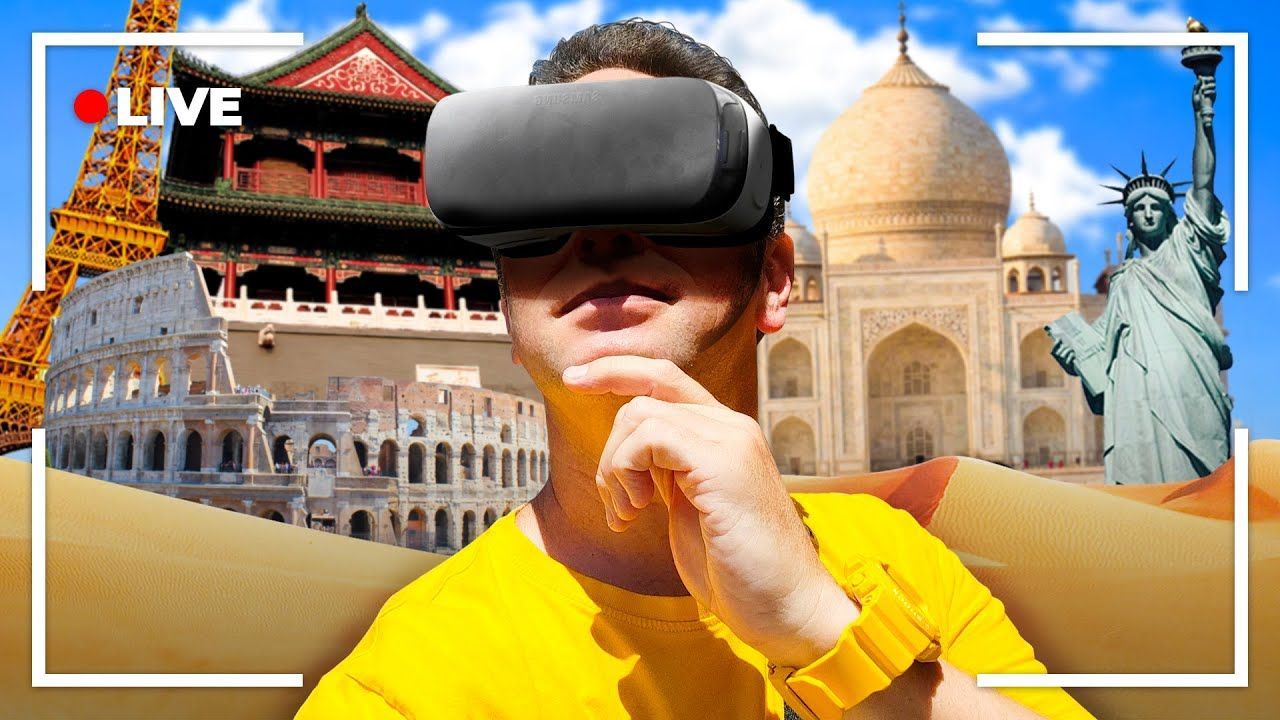
Virtual Sports Events
The metaverse can be used to create virtual sports events that offer a new way to experience the thrill of live sports. For example, a sports league could create a virtual stadium where fans can watch games and even participate in virtual tailgating and other pre-game activities.
With the increased functionality of AR and Artificial Intelligence, soon sports matches will be able to be displayed in the metaverse. A common use case for AR in sports, are when statistics are shown on the screen. Such as player stats, stats about the ball or performance of the athletes from a scientific standpoint, watching live in the POV of the athlete, and much more.

Virtual Concerts
The metaverse provides a platform for artists to create virtual concerts that offer a new way to connect with fans. For example, a musician could create a virtual concert that allows fans to experience the show from multiple perspectives and even interact with other fans in a virtual environment.
One use case for artists looking to enter the metaverse, can look to offer all of their concert goers in person, an encore of their conert only available in the metaverse. This would be the final destination of your tour where all of your fans from all over the world can meet up in one venue in the metaverse and enjoy a performance one more time, in the virtual world!
Virtual Art Galleries
The metaverse can be used to create virtual art galleries that offer a new way to showcase and sell art. For example, an artist could create a virtual gallery that allows visitors to explore their collection of art and even purchase pieces directly within the virtual environment.
Independent artists have found an opportunity like none other, with NFTs and the metaverse. Artists looking to take advantage of the metaverse should explore the demand for their art as NFTs and evaluate if it makes sense to them to invest time and energy into learning more about adding it as another revenue stream to their work.
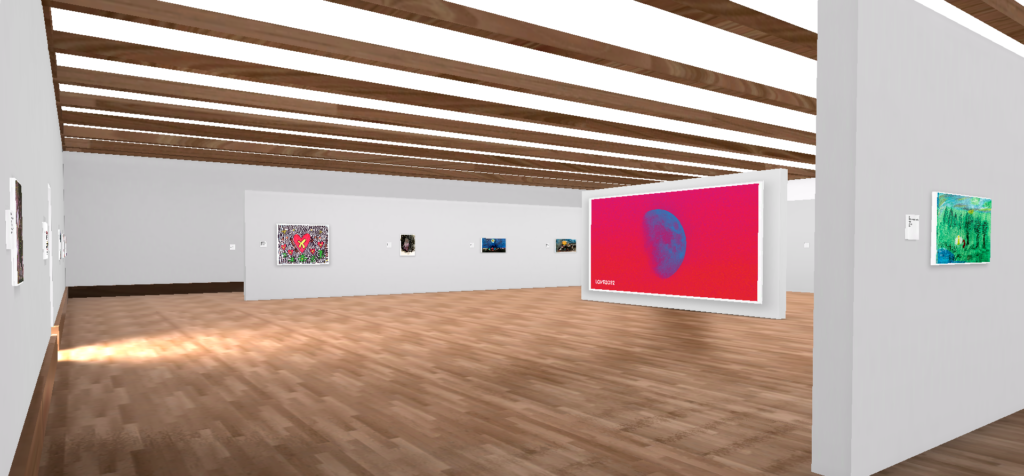
Virtual Education
The metaverse can be used to create virtual classrooms and educational experiences that offer a new way to learn. For example, a university could create a virtual campus where students can attend classes and interact with other students and professors in a virtual environment.
People, and students, all have different learning types and styles. Whether they are visual, audio, kinetic or physical learners, the metaverse provides a unique digital opportunity to provide fully immersive training and education modules that will satisfy all learning styles within one education platform.
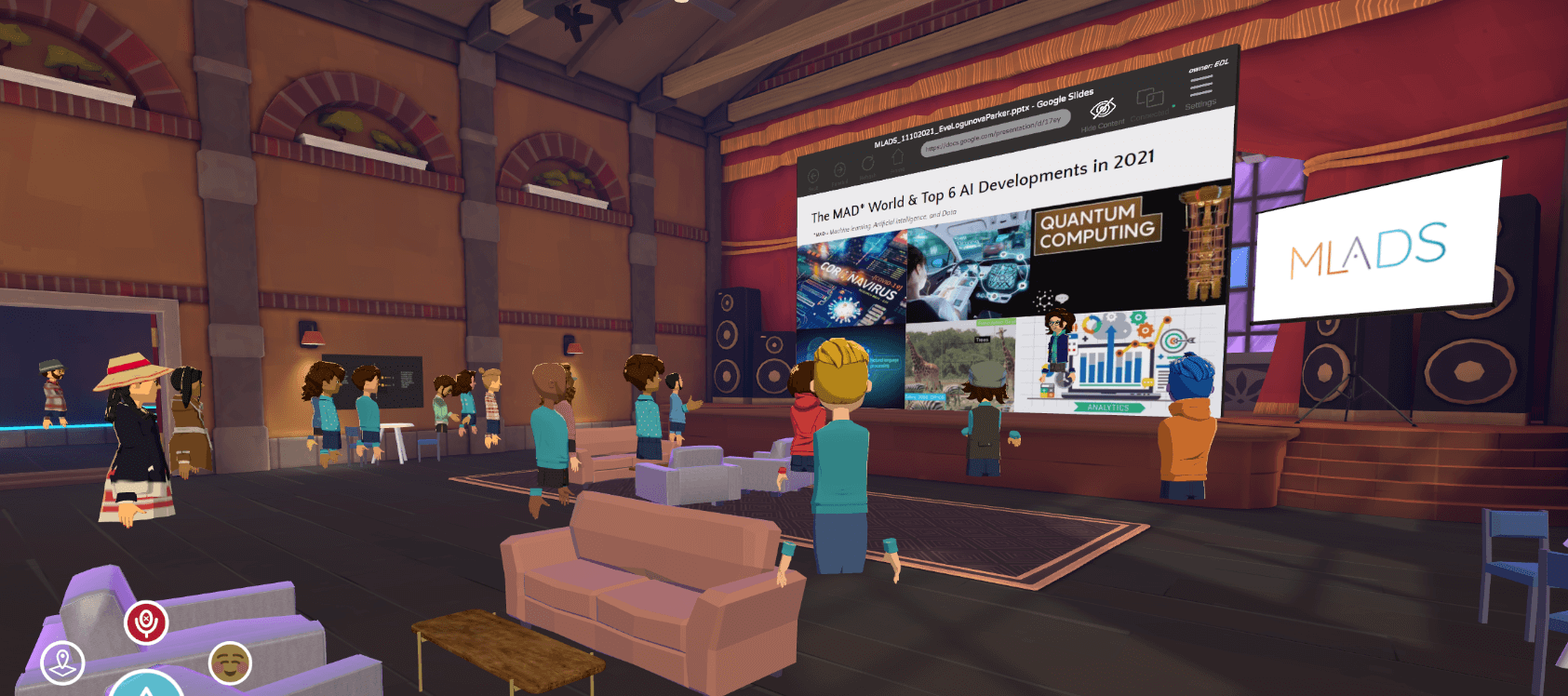
Virtual Philanthropy
The metaverse can be used to create virtual fundraising events and campaigns that offer a new way to support charitable causes. For example, a nonprofit organization could create a virtual charity event that allows supporters to participate in fundraising activities and learn more about the organization's mission and impact.
Being able to connect a worldwide audience, with a reduced carbon footprint, and being decentralized by nature paints the ideal picture for non-profits, charities, and fundraisers to explore what benefits the metaverse has to offer.
Wrapping Up The Article
In conclusion, the metaverse offers many opportunities for businesses and brands to engage with customers in innovative and immersive ways. By leveraging the power of virtual environments, companies can create unique experiences that go beyond the traditional online store or website.
As the metaverse continues to evolve, it will be important for decision makers in companies and brands to stay up-to-date with the latest trends and use cases, and to explore ways to incorporate the metaverse into their overall marketing and business strategies.
As we've seen, the metaverse offers a world of possibilities for businesses and brands to connect with customers in new and exciting ways. From virtual events and experiences to immersive shopping and educational environments, the metaverse provides a platform for innovation and creativity.
We Are A Committed Metaverse Agency
As the metaverse continues to evolve, it will be important for companies to stay ahead of the curve and explore the possibilities that this new technology offers. If you're interested in exploring how your company can leverage the power of the metaverse, contact Meta Marketing today.
Our team of experts can help you develop a strategy that takes advantage of this exciting new technology and creates unique experiences for your customers.












